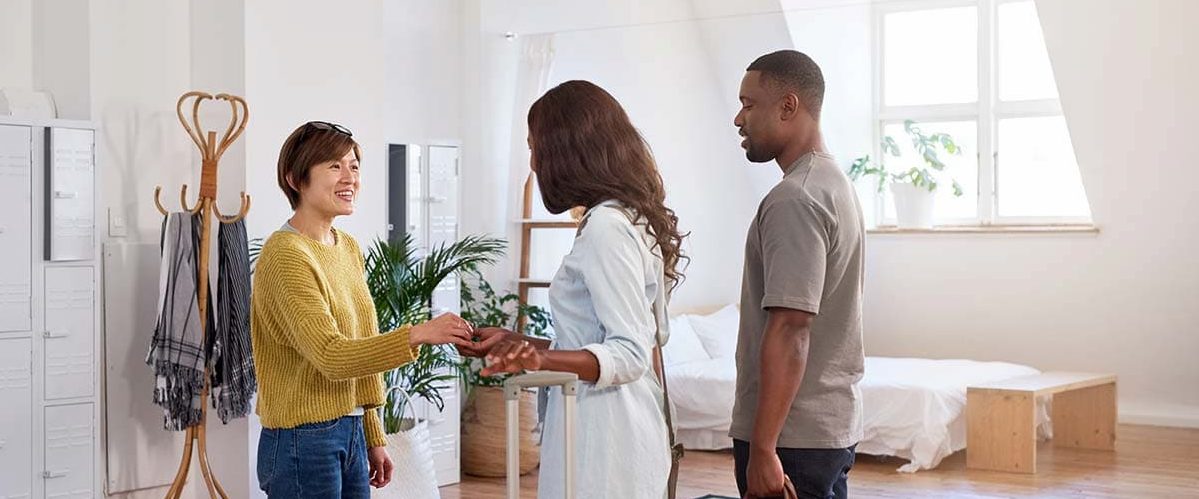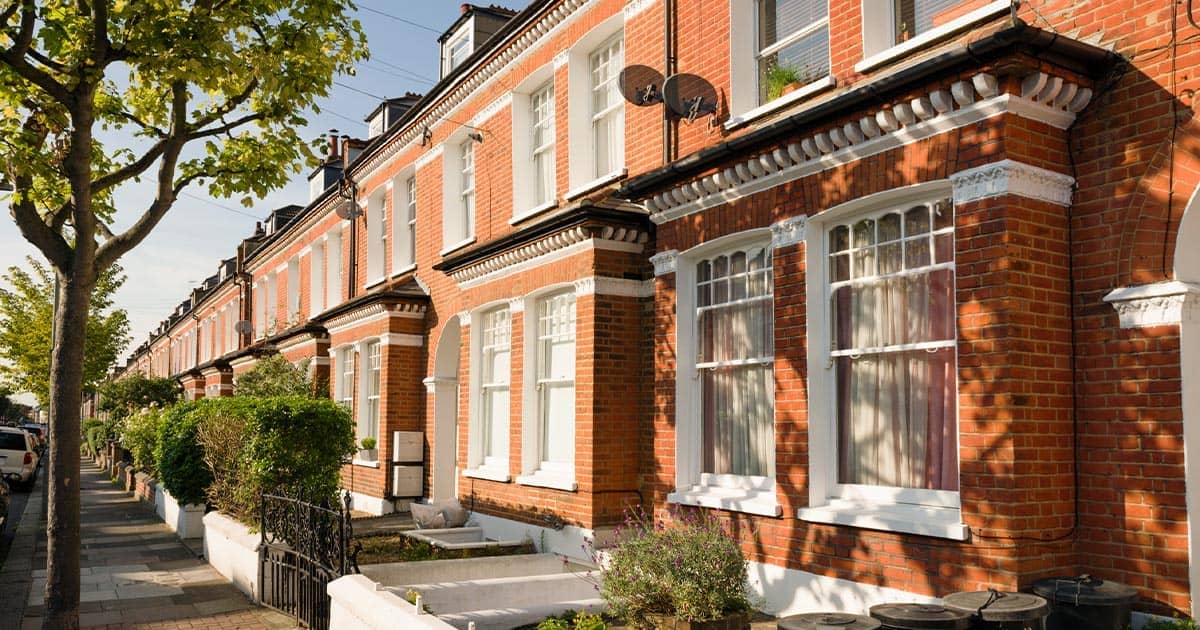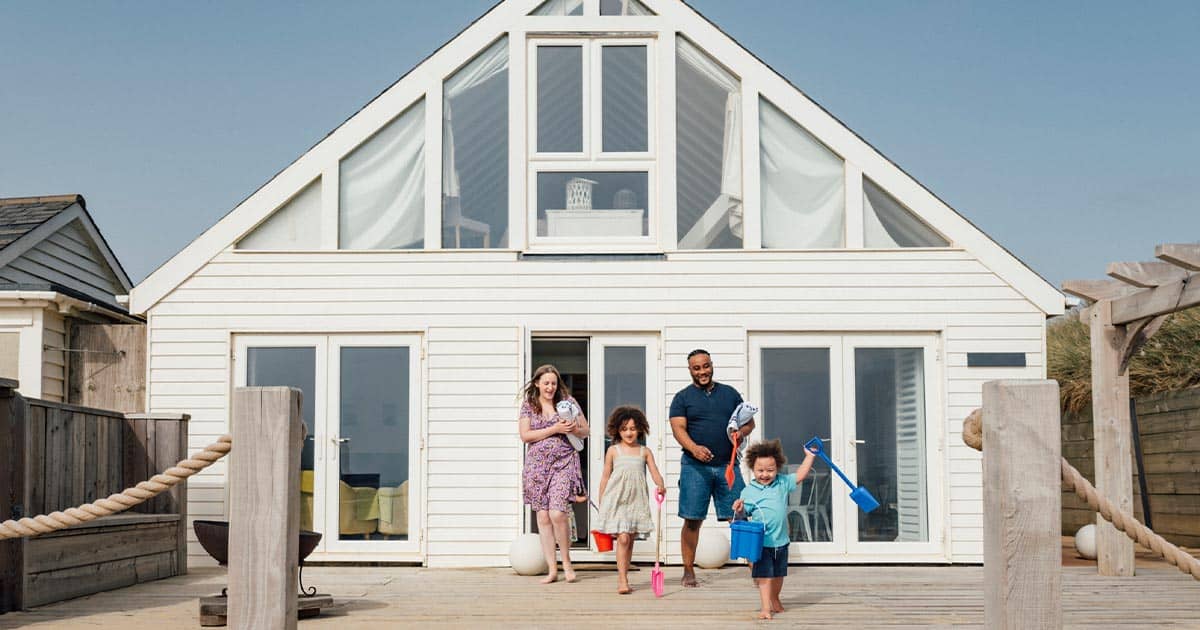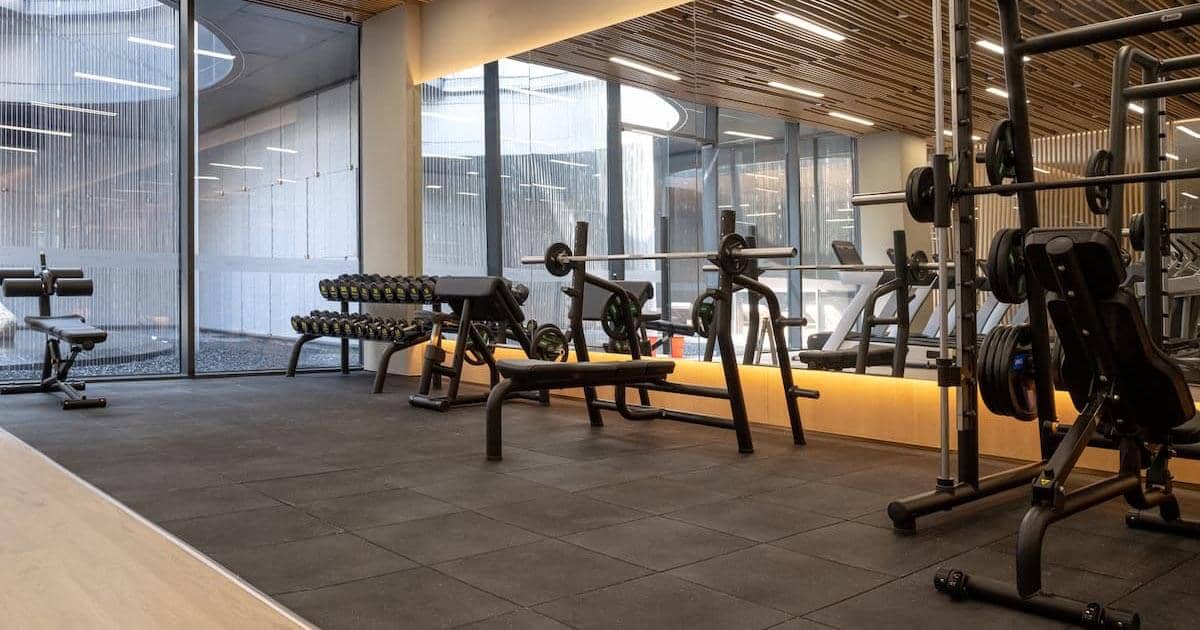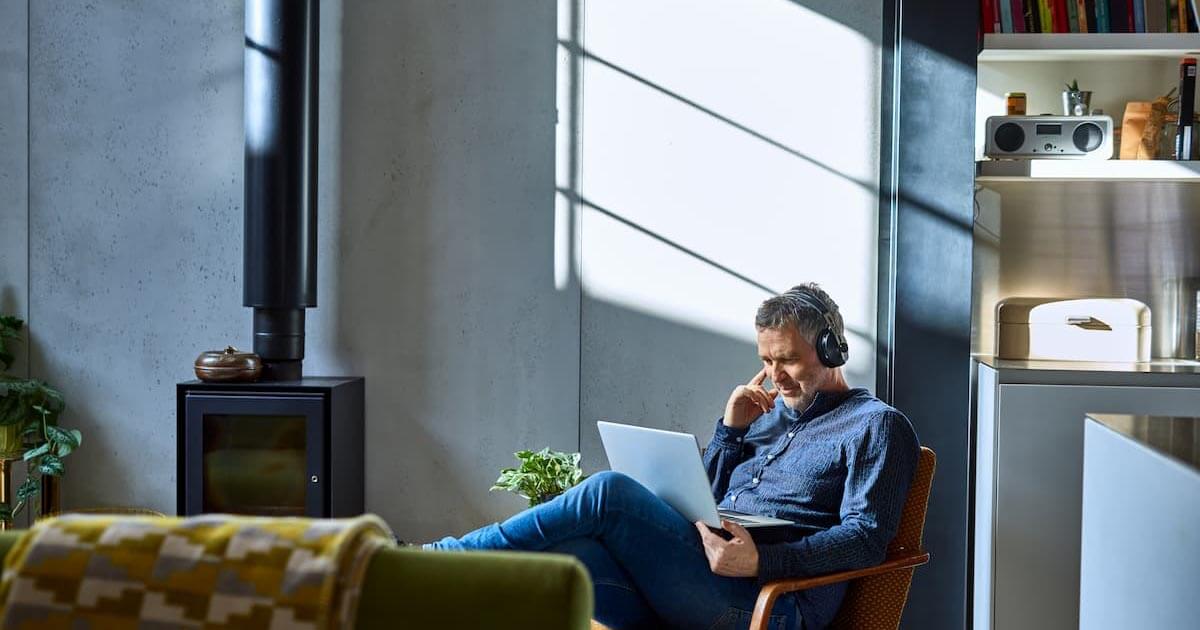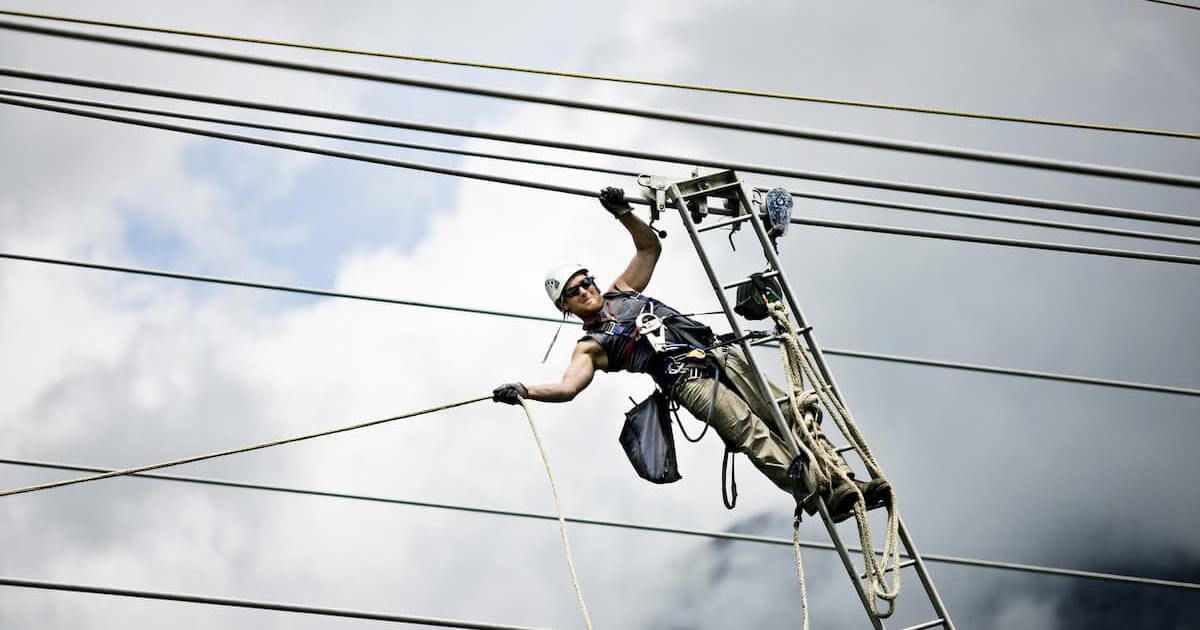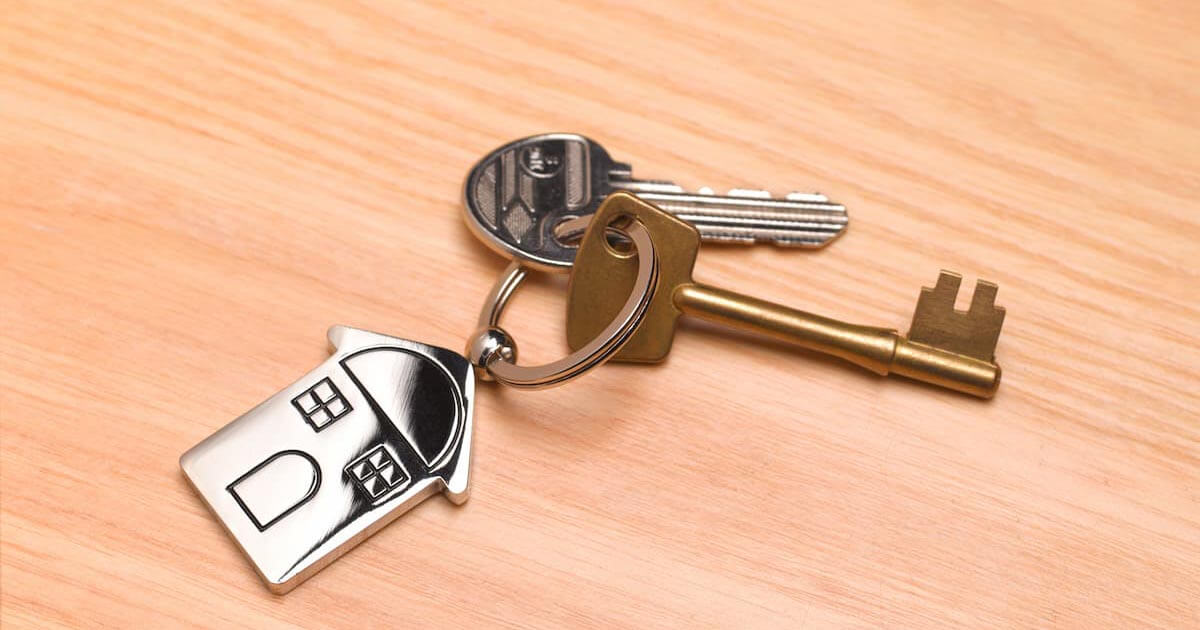Pricing
The evening standard reported in 2018 that the average monthly rent cost for a property in London was £1,271, whereas Airbnb estimates that renting out your property in London for 4 guests could give you a higher figure for your property, potentially around £2,000-£3,000.
Control
When you agree to let your property through Airbnb, you are able to set the terms of your rental, such as prices, availability and house rules. By setting your own prices, you can ensure that you won’t be out of pocket by using Airbnb rather than having rental tenants, and by being in control of availability, you can decide when you want to host guests.
Support
Airbnb has a dedicated support team, who are available 24/7 to answer your queries, give you tools and tips and give you access to an online community of people who also rent on Airbnb and can share ideas, answer questions and offer solutions.
Protection
When you host through Airbnb, you are provided with an Airbnb Host Guarantee, and Host Protection Insurance, both of which cover claims up to $1 million (*approx. £600,000 as at 25th May 2019). They are given free of charge for each booking and during the guest stay, not necessarily all of the time, see their website for further details on these covers.
All guests are given the option to submit a photo of themselves and must provide a phone number and email address, allowing you as a host to make an informed decision as to whether or not you want to host your guest. Both guests and hosts can also review their experience, allowing you to give feedback which may help other hosts.


